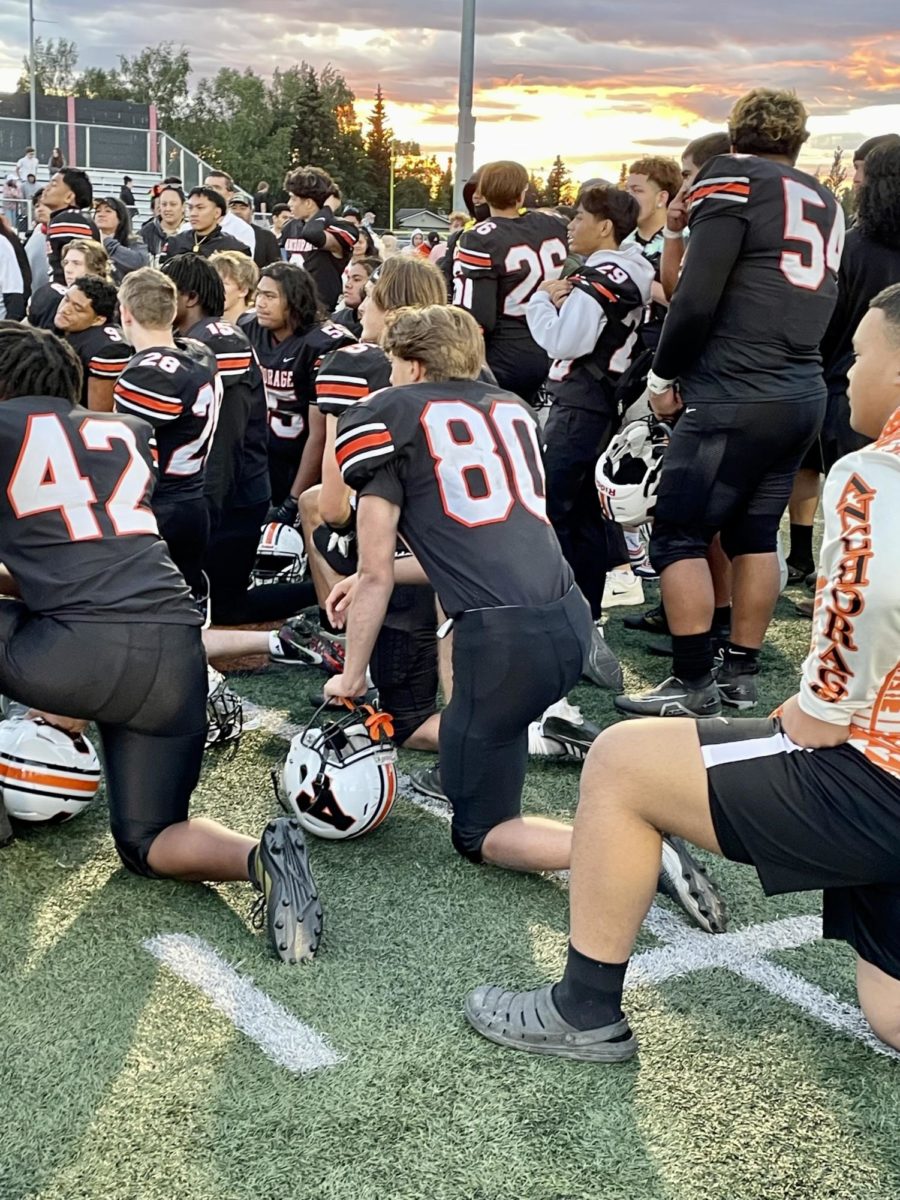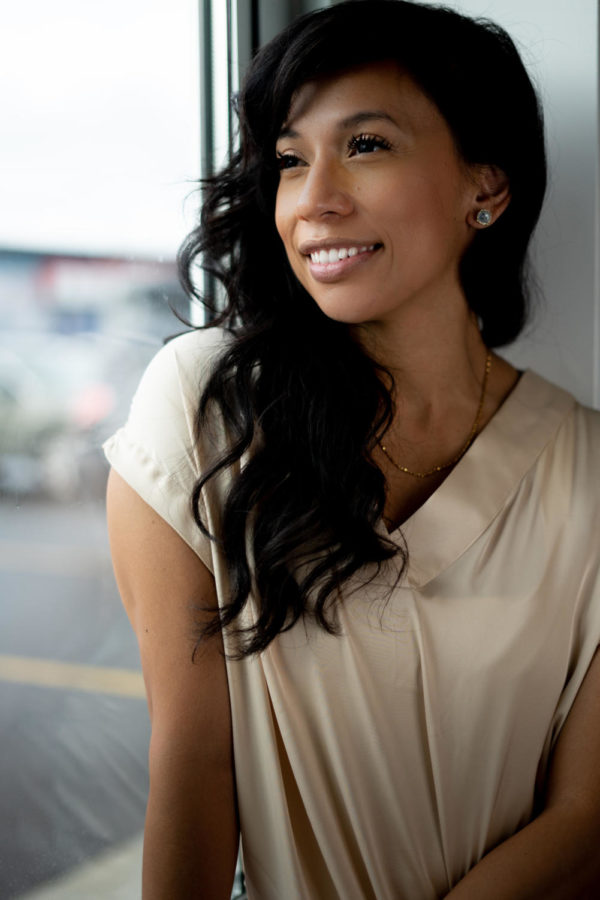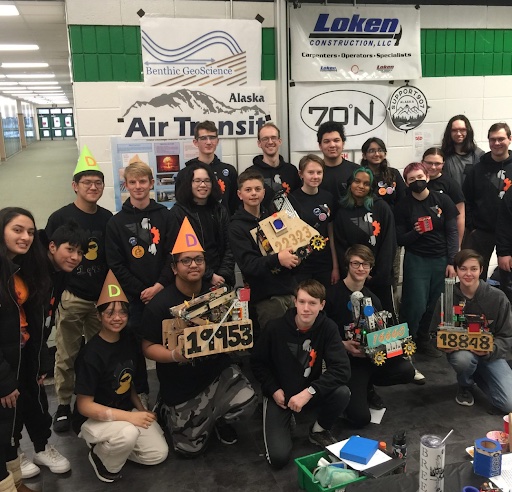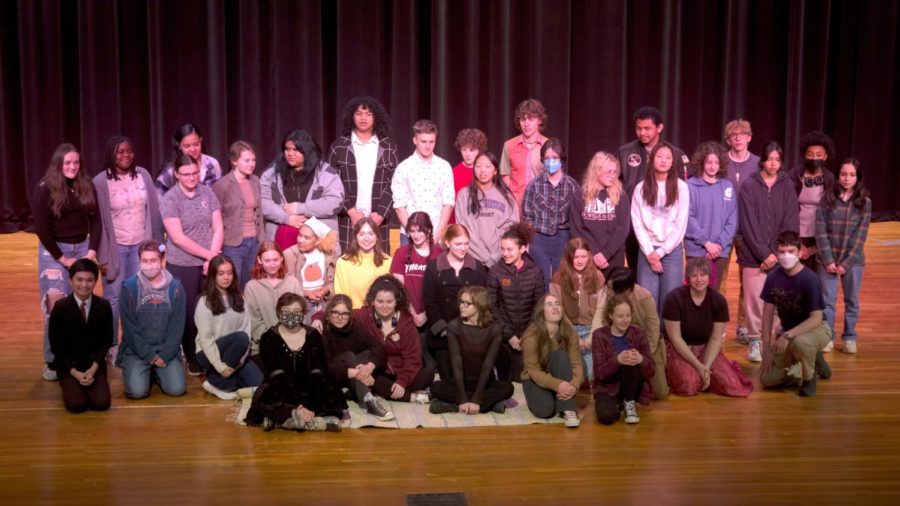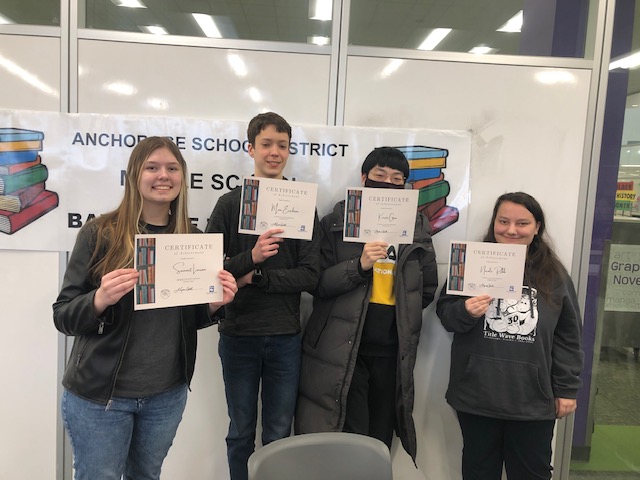Foreign Language Acquisition
April 5, 2016
Learning a foreign language is incredibly difficult and many students are struggling to achieve this skill.
Cara O’Brien-Holen, a foreign language staff at West, teaches levels of French II through French V. O’Brien-Holen has been teaching French for 15 years and instructs her lessons in French to expose her students to the language as much as possible. She wants her students to know that they comprehend more than they realize.
O’Brien-Holen advises that as often as possible to find some way to use the language outside of class like reading books, listening to music, watching films, clips on YouTube in the language and to have motivation that keeps you interested in learning.
O’Brien-Holen highly believes that the more that a student reads books in the language is the best way to be able to understand, speak and comprehend the language. “World languages should be considered as a core curriculum because there are so many benefits to learning a second or third language that each student would benefit from it being considered a core class,” she said.
Adam Cooley teaches Spanish I and Spanish II at West. Cooley has been teaching Spanish for 15 years and has been studying the language for 25 years. “Learning a language requires a lot of dedication and many students expect that they are going to become functionally fluent in the language but they don’t recognize that requires doing it all the time,” he said.
Cooley learned Spanish in a similar way of relying on textbooks but never learned until he participated in immersion and spent a semester in Mexico.
Cooley deeply believes in the textbooks as a reliable resource to learn a foreign language.
A problem that Cooley faces is that some of the students consider the class as only an elective and don’t take the language as important.
Cooley’s goal is to encourage his students to feel independent in learning a foreign language. He achieves this by expanding on topics that students show interest in to pique their interest.
Vinicius Santana, a 16-year-old immersion student from Brazil, came to Alaska two months ago to be exposed to English for a semester. He started learning English in Brazil by reading books and notes from his teacher.
Santana knows two languages, Portuguese as his first language and English as his second, “I’m always trying to think in English,” he said. Santana believes that the best strategies to learn a foreign language are talking to yourself and others, thinking in the language, and asking for help when needed.
There really is no “better way” of learning a foreign language, but the most effective way is being put in situations where you must use the language daily.


